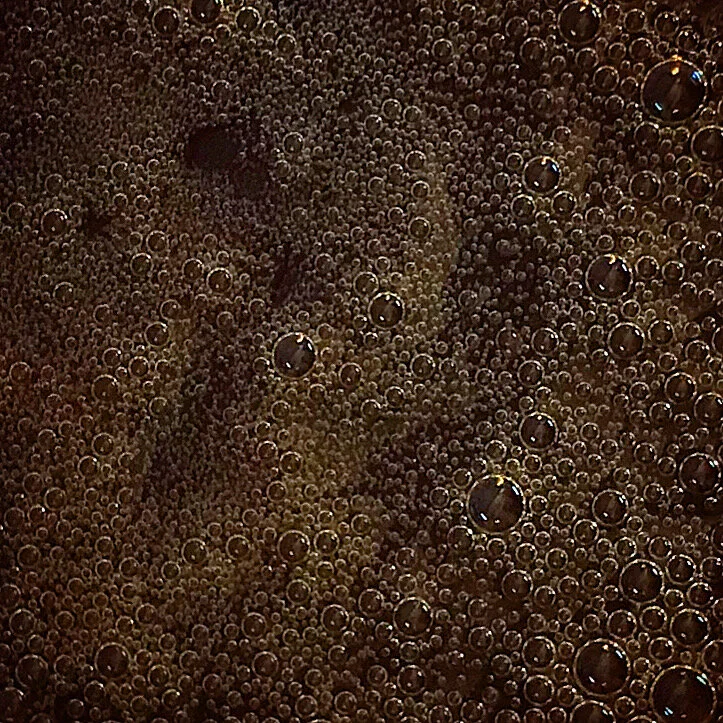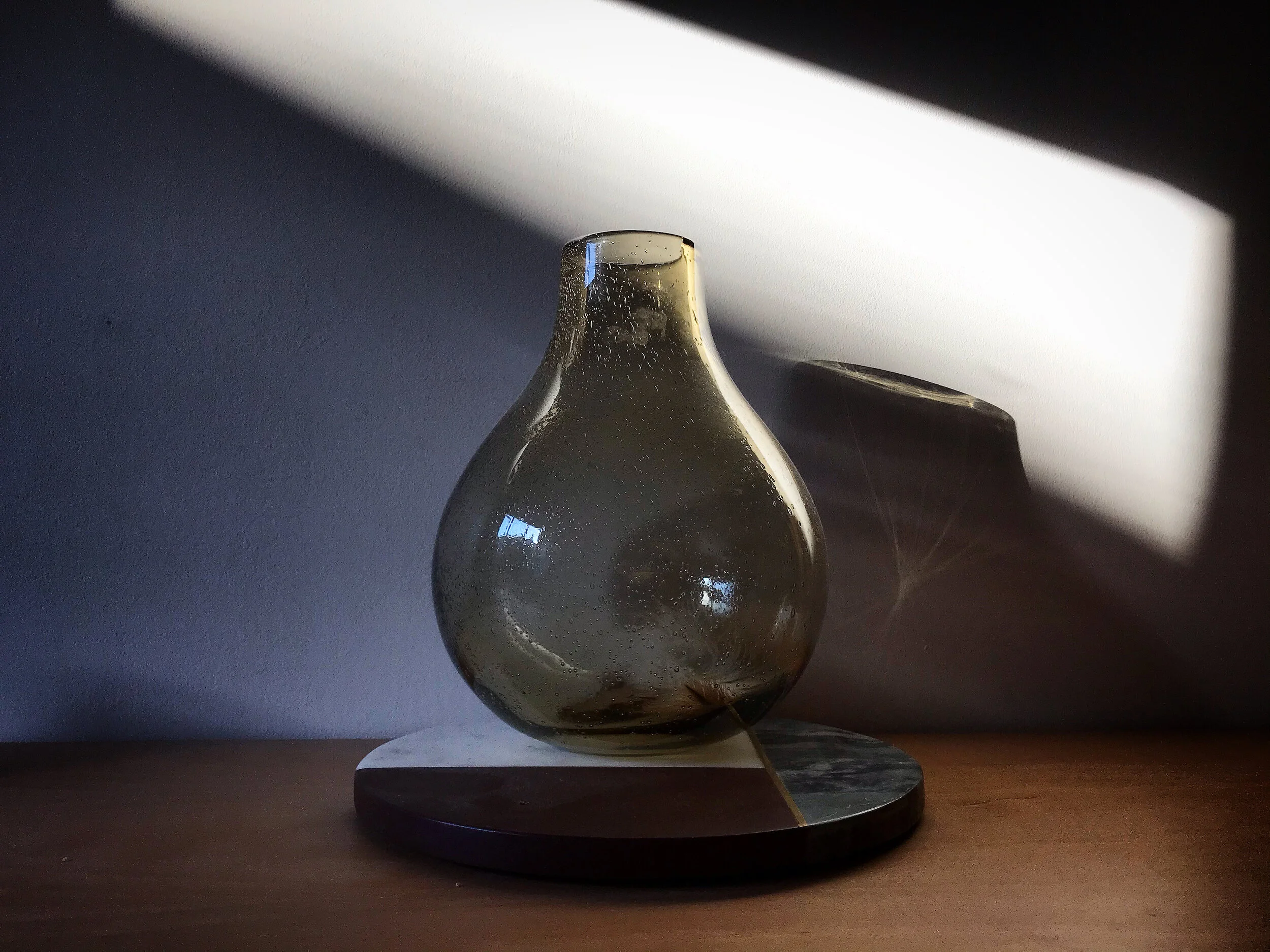Using Science to Tackle procrastination
When you get asked to think of your favourite Soviet psychologist I bet you’re already thinking of Bluma Zeigarnik…. No? Ok, then let me introduce you to her.
Bluma was around from 1900 -1988 and one of the first Russian women to attend University. She highly valued her education and spent hours in the library reading – in fact it was here that she met her future husband – but it also led her on the path to studying memory where she discovered one of the most effective tools to combat procrastination I have come across.
The ‘Zeigarnik effect’ is all about us being able to use our brains more effectively to help us achieve tasks based on our natural memory abilities. Bluma discovered that our brains are hardwired to remember tasks that we have already started. The brain hates anything unfinished, and works hard to close the ‘loop’ and give us a little boost of the chemical dopamine. If you like the feeling of crossing tasks of your to-do list, then that’s down to dopamine too. We’re pleased with what we’ve done and our brain starts the hunt for yet more dopamine. And where does it start looking? Well it looks at things that you’ve already begun - figuring you’re already one step closer to finishing and eager for the quickest hit of dopamine it can find.
This is why the brain remembers unfinished tasks more than tasks we haven’t yet started. It’s basically just a dopamine-hungry addict that doesn’t filter by which tasks are most important – it simply looks for the speediest route to get its next dopamine fix.
This is where we have to work with our brain. We know what the most important task to finish is and we need to get our brain fired up and motivated to achieve it too. So to get our brain to focus on these tasks, we simply have to start them. Our brains then work far harder getting us to finish what we’ve already started rather than begin something new. But the beauty is, it doesn’t matter how much you start. Simply titling a new document, creating a blank powerpoint slide or writing down empty bullet points all counts as an unfinished task that our brain is desperate to close down.
I’ll admit it, I’m a procrastinator. I make excuses for not doing things all the time. But if I know something is important I now make a small start, and find my brain does the rest of the motivating for me.
Now this works well for the small things. What about the big stuff? If you need to set up a new business writing down “Business plan” on a piece of paper still won’t be enough – it’s just too daunting. Well this is where the VIA ethos comes into play! You break it down into small steps. Your to do list is no longer “write business plan”, it’s made up of smaller tasks like “Decide business name”, “write opening paragraph”, “send out research survey link”. The Zeigarnik effect still works, as soon as you’ve finished one it’s onto the next – but you’re feeding your brain with little hits of dopamine along the way giving it a reason to keep going for the big boost of dopamine at the end.
Whatever it is you’re putting off, follow Bluma’s teaching and break it down into manageable steps, and most of all - just get started!






